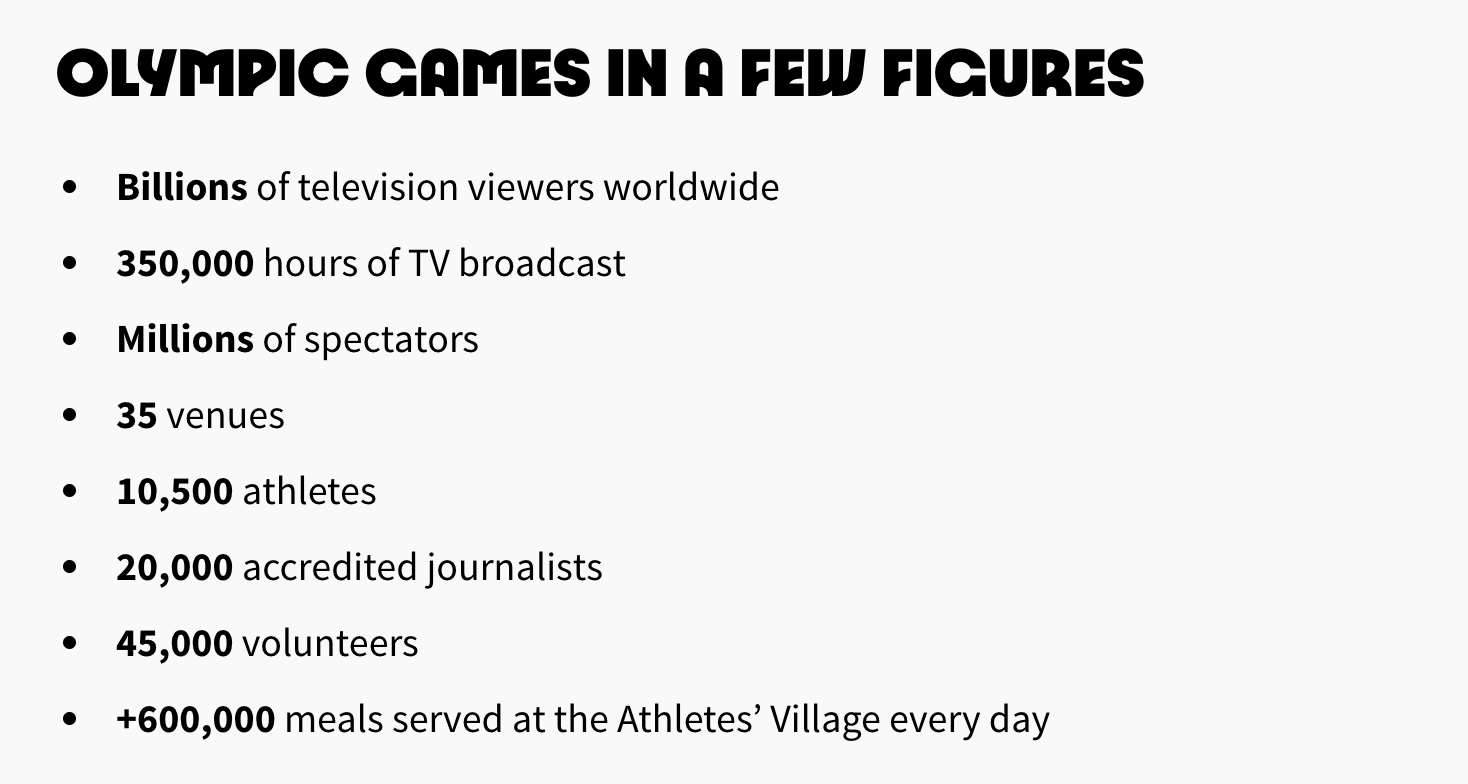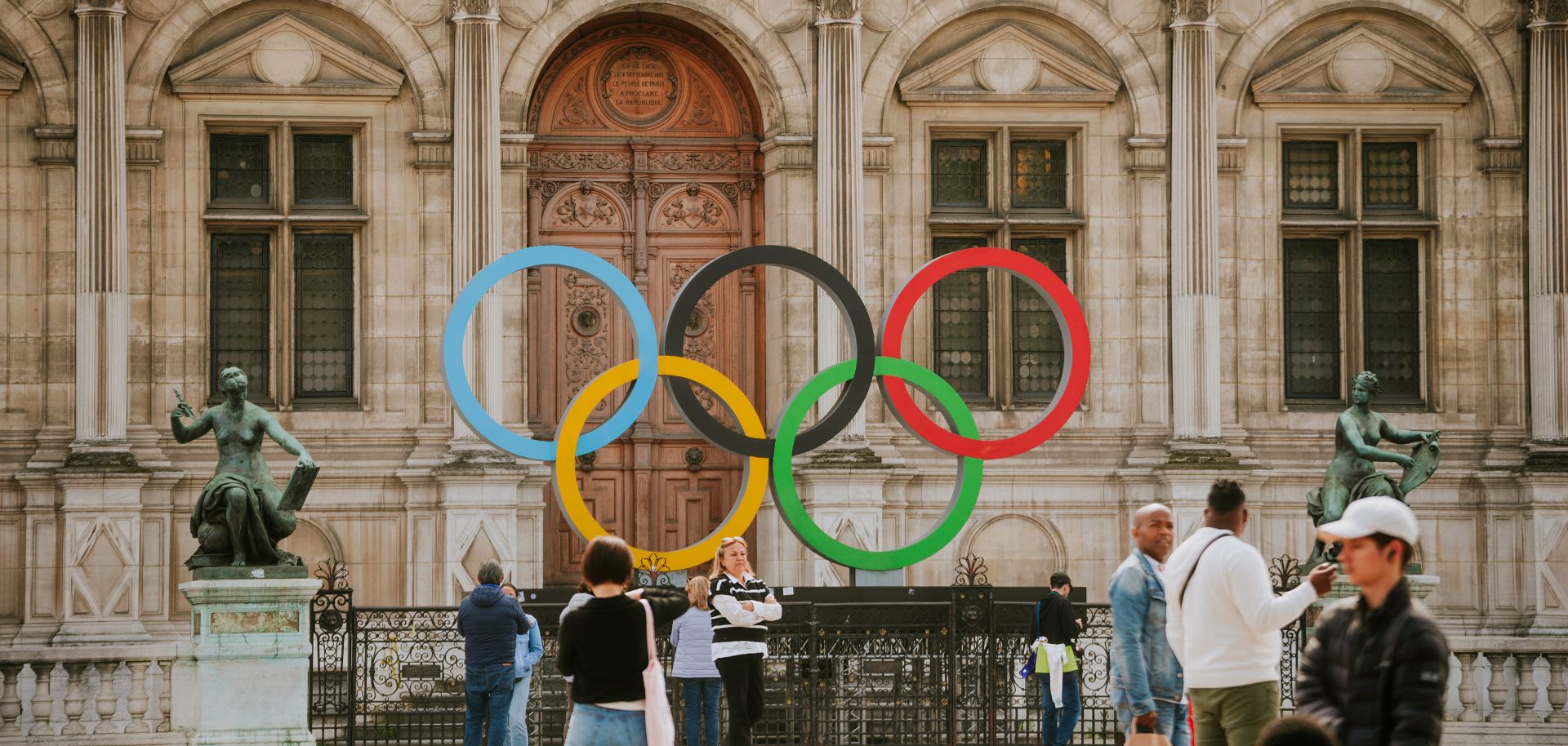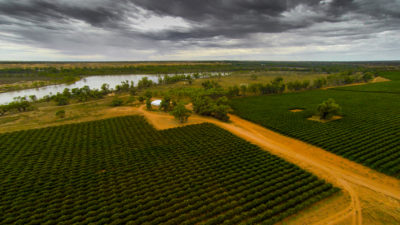What is the economic and cultural price of hosting an Olympic Games?
The Paris Olympics are well underway, and already breaking records in both viewership, and Australia’s gold medal performance. But it hasn’t been without its controversies from a sewage filled Seine, cardboard beds and food issues, and disgruntled locals.
Many Parisians have abandoned the city, and the hordes of tourists in favour of holiday destinations around France. In a recent article, retiree Michel Barré, explained why he was headed for Normandy over sticking around for the festivities.
“Even though it’s a major European capital, Paris is still a small city—it’s a massive effort to host all of these events,” Barré says. “The Olympics are going to be a mess.”
His outlook is shared by many locals, who are fed up with the restrictions, inflated prices and congestion that comes with an event of this scale. In the lead-up to the 2024 Olympics, locals were outraged that the Seine —usually one of the most popular summertime hangout spots —was closed off for weeks as the city installed bleachers and Olympics signage. In certain neighbourhoods, residents have had to scan a QR code with police to access their own apartments, and the RATP (Parisian Autonomous Transport Administration) is nearly doubling the price of transit tickets from €2.15 to €4 per ride.

Hosting the Olympic Games has significant impacts on a city, both positive and negative. The concerns shared by many locals reflect a mix of economic, social, environmental, and cultural issues that Parisians are grappled with in the lead up to and during their hosting stint of the 2024 games.
These included:
Economic Concerns
- High Costs and Budget Overruns:
- Parisians worry about the potential for significant budget overruns, which are common in hosting the Olympics. The fear is that public funds will be diverted from essential services like healthcare, education, and public transportation to cover these expenses.
- Long-Term Debt:
- There is apprehension about the city incurring long-term debt that could burden taxpayers for years to come, as seen in previous host cities.
Social Issues
- Displacement and Gentrification:
- The construction of new facilities and infrastructure can lead to the displacement of residents, particularly in lower-income neighbourhoods. Gentrification is a concern, with rising property prices potentially forcing out long-time residents.
- Inequality:
- There is a perception that the benefits of hosting the Games may not be evenly distributed, with wealthier areas and businesses reaping most of the rewards while poorer communities see little improvement.
Environmental Impact
- Construction and Environmental Degradation:
- The extensive construction required for the Games can lead to environmental degradation, including the destruction of green spaces and increased pollution. Residents are concerned about the long-term environmental impact of these developments.
- Sustainability:
- Although the Paris 2024 committee has pledged to make the Games environmentally friendly, there is skepticism about whether these promises will be fulfilled and if the environmental footprint will be minimised.
Infrastructure and Transportation
- Disruption to Daily Life:
- The construction and the Games themselves are expected to cause significant disruptions to daily life, including traffic congestion, restricted access to certain areas, and an overburdened public transportation system.
- Legacy of Facilities:
- There is concern about the long-term use and maintenance of the facilities built for the Olympics. Parisians worry that many of these structures could become underused “white elephants.”
Security and Public Safety
- Heightened Security Measures:
- The increased security required to host the Games raises concerns about the militarisation of public spaces and potential infringements on civil liberties. There is also anxiety about the effectiveness and impact of these measures on daily life.
- Terrorism Threats:
- Given the history of terrorist attacks in Paris, there is a heightened fear of potential terrorist threats during such a high-profile international event.
Cultural and Social Concerns
- Commercialisation and Loss of Local Character:
- Some Parisians feel that the commercialisation associated with the Olympics may undermine the city’s cultural heritage and local character, turning Paris into a temporary commercial hub rather than preserving its unique identity.
- Disruption to Local Events and Traditions:
- The Olympics could overshadow or disrupt local events, festivals, and traditions, leading to a sense of cultural displacement among residents.
Health and Safety
- COVID-19 Concerns:
- With the ongoing uncertainty related to the COVID-19 pandemic, there are concerns about the health risks posed by hosting a large-scale international event.
- Public Health Infrastructure:
- The potential strain on public health infrastructure to accommodate the influx of visitors and ensure safety protocols during the Games is another worry for Parisians.
Public Opinion and Representation
- Lack of Public Involvement:
- Some residents feel that there has been insufficient public consultation and involvement in the decision-making process, leading to a sense of disenfranchisement and dissatisfaction with how the Games are being planned and implemented.
However there are also strong benefits that can come from being an Olympic Games host including:




